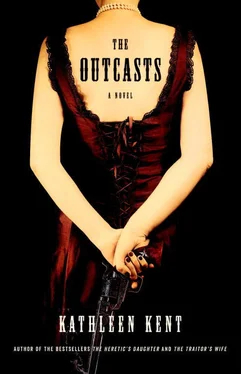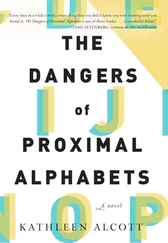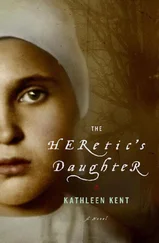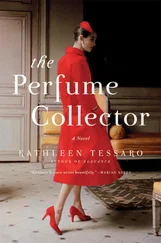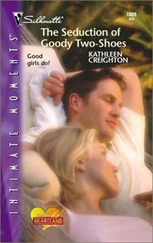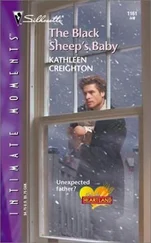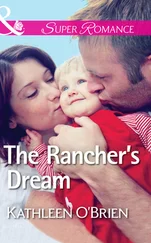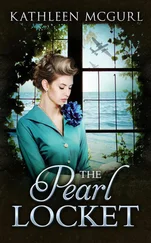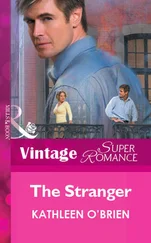Nate stood abruptly, suddenly shy in the too-quiet room, and said, “Well, I guess I’ll see what use I can put myself to.”
He walked to the door but turned when he heard his name called.
“Nate,” Dr. Tom said. “You’re going to make one hell of a good lawman.”
The following morning early, the three left Austin, stopping first at Hillyer’s Photographic Studio at Dr. Tom’s insistence. “Hell, I’ve got on a new shirt, thanks to Nate. Might as well capture the day.”
Hillyer posed them in different configurations, finally settling Nate in a chair between the two rangers, his new Winchester across his lap. Dr. Tom placed one hand on Nate’s shoulder and held his Colt aloft with the other. Deerling stood to the other side, giving a heated stare to the photographer as he took his time adjusting the boxy camera. In the moment before Hillyer removed the lens cap, and while he was admonishing the men to stay perfectly still for the count of a full minute, Nate felt Deerling’s hand come slowly to rest on his other shoulder.
The photographer nodded to them when the image had been captured and they could move again. He said, “I’ll have the prints made from the glass negative within the hour, gentlemen.”
Deerling shook his head, already walking to the door. “We don’t have time to wait. We’ll take receipt of the prints when we return.”
The trip to Houston would take another fifteen days, and they hoped to bypass the main city, riding for the small settlement of Frost Town on Buffalo Bayou to the north. There, Deerling would speak to the woman who had been shot and whose family had been killed by McGill’s men.
The journey began favorably, the weather mostly dry and temperate, so that sleeping outside at night was a pleasure, though the first few evenings Dr. Tom began to run a fever and coughed his way through till dawn. He had quickly pitched into the bushes the respiratory cure given to him by the doctor in Austin, saying that there were enough opiates and alcohol in the syrup to stun a horse. Deerling and Nate slept little themselves, listening to the wet rumbled hacking that sounded ominously like pneumonia settling in.
Deerling asked after his partner’s health so often that once, when the captain handed Dr. Tom his morning coffee, he responded by saying, “Thank you, dear.”
The Blackland Border, as Dr. Tom called it, was hilly at first, then gave way to gently rolling pastures abundantly watered with streams and aquifers. On the banks of lakes were farmhouses and barns made of chalky white stone and timber collected in tight, defensive formations against Indian attack, like mushrooms sprouting after the rain.
They followed the path of the Colorado River southeast through sycamore and willow, carefully easing around the giant cutbacks, the eroded earth chopped away from the banks during the recent flooding. As the land flattened, the sky opened up with only a few wisps of clouds, stretched to near transparency with strengthening gusts of wind.
Dr. Tom sat in the saddle with his head down, one hand supporting his lower ribs, his face drawn and pale.
Nate rode closer to Deerling and asked, “Is he all right?”
Deerling turned briefly to look at his partner and frowned. “He’s fine.”
“He doesn’t look fine.”
Deerling craned his neck around once more, but kept riding. “He’ll tell us if we need to stop. We’ll find a doctor in Columbus.”
But the townspeople there informed them there was no doctor, only a retired quartermaster living a few miles away who had had some field-hospital experience during the war and who, it was rumored, kept a stockpile of grain alcohol in his barn from which he was known to sample frequently.
They camped on the outskirts of town. Deerling rode away to the south and returned an hour later leading a squalling, unhappy man tied to a horse. The man had the bulbous, pocked nose of a lifelong drinker, and when he was untied and pulled from his horse, he commenced complaining to Nate how he had been roused from his bed, hit over the head, and kidnapped.
Deerling put a finger in the quartermaster’s chest. “You’ve been paid for your time.” He then pointed to Dr. Tom, shivering under a blanket. “Mr. Odum, there’s your patient. If you don’t want another rap on the head, I’d suggest you see to him.”
Odum bent over Dr. Tom, blowing his sour-mash breath into his face, and poked around the ranger’s middle, feeling under tender ribs until Dr. Tom waved him away, saying, “Hell, George, a horse doctor would have done me better.”
“The patient has pleurisy,” Odum announced. “He’ll need a mustard plaster under flannel.” He then walked to his horse and pulled a bottle from his saddlebag. He handed it roughly to Nate and, after a few missed tries, got his boot into a stirrup and rode off in the direction of town.
The following morning, at Dr. Tom’s insistence, they continued on, following the road due east to Houston. At night, Nate gave Dr. Tom his extra blanket, and he did what he could to provide food the sick man could easily swallow, simmering cornmeal to mush and boiling dried jerky in water for a soup. Five days after leaving Austin, they camped at the crossing of the Brazos. Dr. Tom was barely able to sit in his saddle from the fever shakes.
Nate watched him that night as he huddled under a blanket close to the fire. Dr. Tom’s usual banter had ceased the day before, and the ride was silent except for the sound of labored breathing. Deerling pulled Odum’s bottle from his pack, uncorked it, and made his partner drink.
Dr. Tom swallowed and gaped. “That’s pure grain alcohol. I may go blind.”
“Tom, if you don’t get some sleep tonight, I won’t either, and I may just be mean enough tomorrow to put you out of your misery myself.”
When Deerling went off to find more wood, Dr. Tom gestured for Nate to come closer. He took Nate by the arm and said, “We get to Houston, I’m staying. You go on with George. Don’t let him quit on my account. I’ll catch up later, if I can.”
Nate nodded and Dr. Tom handed him a folded piece of paper. “The damnedest thing about having some medical knowledge is knowing how sick you are when you do catch something. I have pneumonia bad. In both lungs, most likely. I’ll either get well fast, or not at all. Take this letter. If I’m dead when you get back to Houston, give it to George. But don’t tell him you have it in the meantime. He’s got no patience for waiting, and he’ll want to read it right away. And then, if I’m still alive, I’ll have to live with him bein’ awkward and stony-faced all the time.”
Nate took the letter and tucked it into his coat. “What’s driving all this, Tom? Why are we riding all this way for some man-killers that the county sheriff could just as well chase after?”
“We have our reasons. George most of all.”
Nate opened his mouth to speak but Dr. Tom held up a hand. “It has to do with family and that’s all I’ll say about it. It’s up to George to tell you, when he’s ready.” He curled away into his blanket and promptly fell asleep.
In Houston, Nate and Deerling helped Dr. Tom into a physician’s home, where he was placed in a sickroom in a clean bed with a fire built up to bring on the sweats. Nate sat, and Deerling paced awhile, restless and breathing through his nose impatiently, uncertain what to do. He finally pulled the old newspaper from Dr. Tom’s pack, which had been thrown into a corner of the room, turned to the page with the Dickens story, and placed it on the bed.
Dr. Tom wiped a hand over his sweating face. “You are about as much help as a pig on fire. Either read it to me or get gone.”
Deerling pulled a chair over to the bed and positioned the paper in the lamplight and began reading in a slow and halting way, as though he were having difficulty seeing the words. “‘And yet, proceeding now, to introduce myself positively, I am both a town traveler and a country traveler, and am always on the road. Figuratively speaking, I travel for the great house of Human Interest Brothers, and have rather a large connection in the fancy goods way. Literally speaking, I am always wandering here and there.’”
Читать дальше
